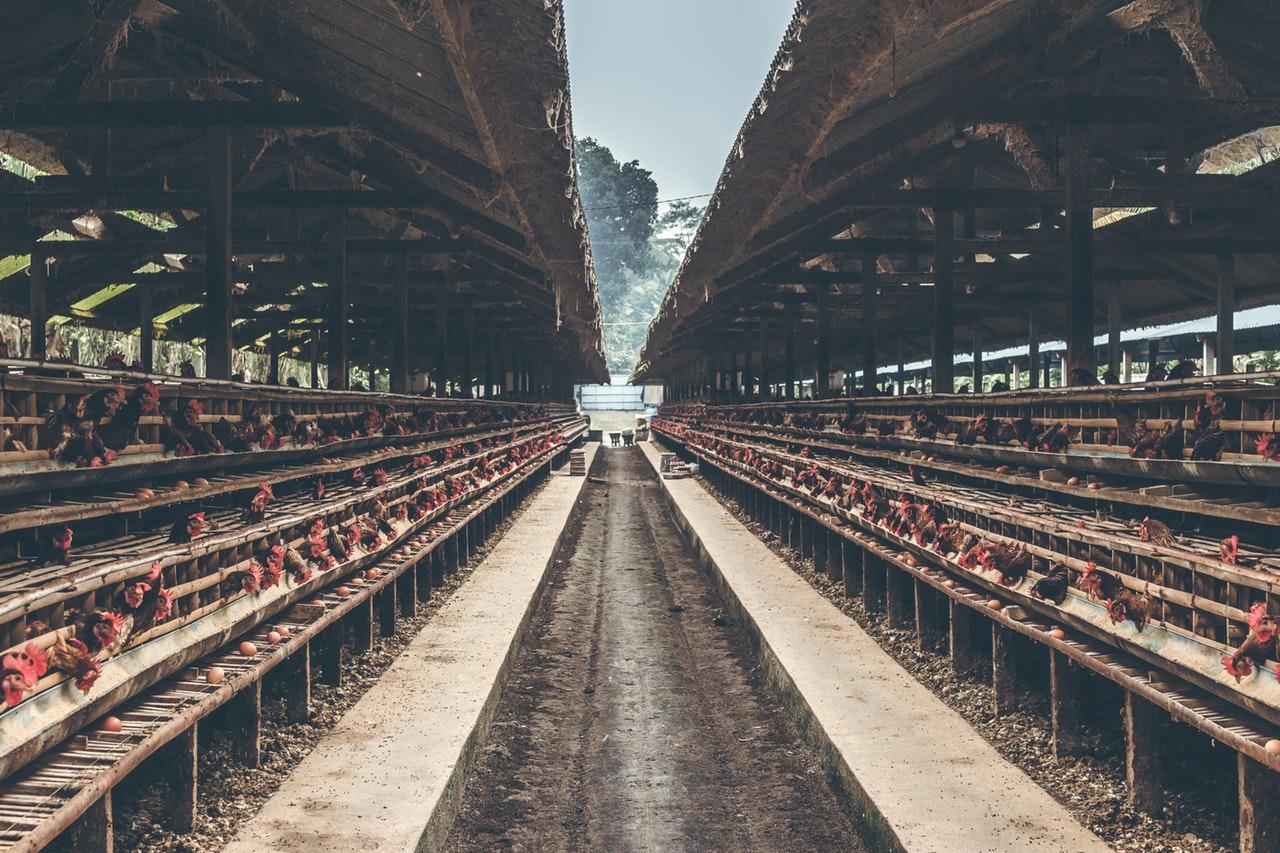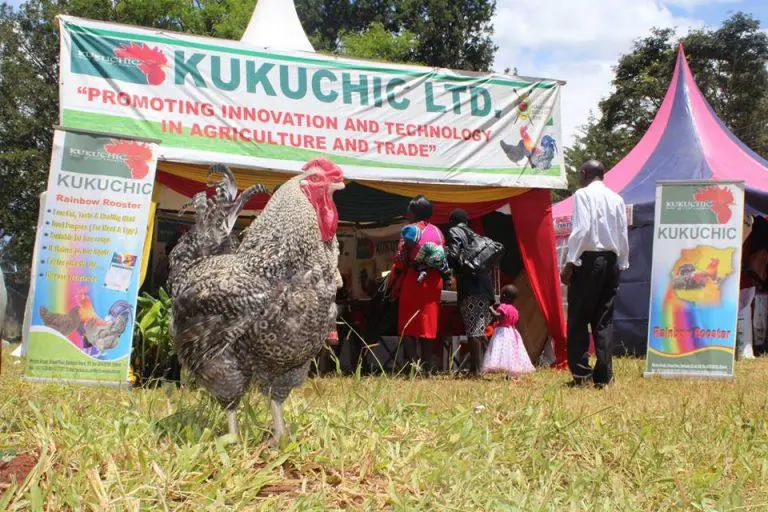How To Start Poultry and Chicken Farming in Kenya
Are you thinking of starting a chicken business? Are you already in the chicken farming business but is wondering how to grow your business? Then worry no more.
In this series of articles, we will discuss how to start a poultry farm. Put in mind that, in recent years, chicken farming has grown to become one of the most profitable agribusiness ventures. It is time you get your share in the multi-million venture. This venture has its risks and we will also look at how to mitigate them.
Today we will look at several issues you need to work on as you learn how to start poultry farming. These are not only beneficial for those starting but those in chicken farming that would like to structure their chicken farming and make it profitable.
1. Do your research on Chicken Farming
Like all other worthwhile ventures, the first step is doing research on chicken farming, from setup to market, before you start. This will help you plan for:-
- Resources required in chicken farming.
- Marketing plan for your chicken farm produces, i.e eggs, meat.
- Value addition for your chicken produce
- Risks involved in chicken farming and how to mitigate them
- The type of chicken you would like to keep e.g. broilers, layers for eggs, Indigenous chicken, incubation, hatching and selling day-old chicks.
- Your target market.
- Whether you want to do large-scale chicken farming or small-scale chicken farming.
- Breeds of chicken are available.
- Type of chicken farming e.g free-range, deep litter or extensive systems.
Proper research will put you one step ahead of other chicken farmers.
Benefits of starting a poultry farm
- Poultry farming creates jobs and business opportunities for many people.
- There is always a demand for poultry products. Poultry farming never dries up as long as you manage it well.
- Poultry farming is very profitable if done wisely.
It is imperative to put into consideration that as much as this is a great business, it will take time to start making good profits. Do not fall into “Chicken Farming Get Rich Quick Schemes”, that promise to make you millions of cash in a few weeks.
You need to do a lot of planning before venturing into poultry farming. Know all the costs you will have to incur in the business. Remember that the right knowledge will help you to succeed in chicken farming. You will also need to dedicate yourself fully. You do not need a lot of capital to start poultry farming on a small scale. This is the best way to learn the ropes of the business.
There are very few big ventures in chicken farming since it is capital intensive. However, if you have the right capital, you can go large scale, and you will smile all the way to the bank.
2. Choose the sector you want to focus on.
After doing your research, the next step is to choose the sector in chicken farming that you want to focus on. The selected niche in poultry farming will ensure you focus and become good at the chosen sector. The niches available in chicken farming include:-
- Chicken egg production.
- Chicken meat production.
- Chicken breeding (Hatching).
- Chicken egg processing (Value addition).
- Chicken meat processing (Value addition).
2. Determine the resources you need to start the chicken business
The next step is to determine the resources you need. These include land, number of chickens, housing for the chicken, staff/employees, chicken feed, transport, equipment and tool needed.
These resources will be determined by the scale of chicken farming you want to get into. The scales are:
- Small-scale chicken farming – 1 to 1000 birds
- Medium-scale chicken farming – 1000-10,000 birds
- Large-scale chicken farming – Over 10,000 birds.
Land
The first thing that you need is land. A 120 by 60 square feet is enough to start a medium-scale chicken farming business. The land is not only the most expensive part of your business but is also the hardest. Once you have acquired land, you have taken care of almost half of your needs.
The land is way cheaper in rural areas than in towns. Opt to buy your land and build a permanent poultry farm instead of renting or leasing it. Remember that when you rent, the owner may decide to chase you out of their land. You will have to incur lots of expenses when you have to relocate. You can rear your chicken in the rural areas and transport them to the urban areas.
Housing
Building a chicken coop(House) is a vital part of your chicken farming business. It is less expensive than acquiring land. There are numerously tested and tried ways of creating an enclosure. Just ensure that your chicken cage has a free flow of air and enough ventilation.
As you plan for the coop, do not compromise on space. It is critical. You do not want to lose your chicken through contamination and suffocation, right?
Housing is depended on the production system you are going to use. The most common production systems are:
- Free Range production system.
- Semi-Intensive production system
- Intensive production system – Includes deep litter system and cage system.
Day old chicks
This is where you begin your chicken farming business. Purchase your chicks from a reputable hatchery. Look for the ones that specialize in supplying various species of day-old chickens. This is because such hatcheries have quality chicks.
Raising day-old chicks into hens is a daunting task. You will need to regularly check on them until they are about seven to nine weeks. Chicks do not have a way of maintaining their body temperature. You, therefore, need to:
- Check on them as much as five times a day during the first seven to nine weeks.
- Regularly monitor their temperature. Ensure that there is a reliable source of heat to keep them warm.
- Keep their water and feed clean. Look for feeders that are of the right height to ensure that they do not stoop and tip them over.
- Protect them from predators and pets
- Ensure that there is enough lighting for your chicks.
- You will have to use different feeders as your chicks grow.
Caring for your growing chicks
Most of the work is done at the chicks’ stage. Once they grow into hens and roosters, you will have to conduct primary care. All you need to do is to keep their water and food fresh and collect the eggs. If you opted to rear cockerels, take them to the market. Just ensure that they are healthy and safe from predators.
3. Choose the type of Chicken and Breed.
Types of chicken
There are three types of chicken that you can rear. They include;
Pullets: They are also known as layers. Layers produce eggs. As much as they are lucrative, they are, however, a little stressful compared to the other two types.
Broilers: Broilers produce meat. The broilers’ growth rate is speedy and is ordinarily ready for the market in 6 weeks.
Cockerels: Cockerels are reared to produce meat just like broilers. However, Cockerels’ growth rate is a little slower. They are ordinarily ready for the market after six months. Cockerels are known to withstand adverse weather and are more resilient regarding survival.
Indigenous Chicken: Indigenous chickens are much sought after because of the unique taste of their eggs and meat. They are considered more nutritious and healthy, especially when rared through the free-range or the pastured system.
Chicken Breeds
These include:-
- Indigenous chicken (Kienyeji).
- Kari Improved Kienyeji Chicken.
- Broiler.
- Layers.
- KenBro.
- Sasso.
- Rainbow.
4. Location.
The location of your chicken farm is important to the success of your business. What makes location important is proximity to markets/clients, climate, availability of water etc.
Setting your chicken farm away from towns and cities makes it cheaper in terms of the cost of land and labour, but increases some costs e.g transportation.
5. Create a network.
When starting your chicken farming business, you will need to create a network of professionals, who will act as a go-to resource when in need, this includes veterinary officers, construction workers, manual labourers etc.
You will also need to create a network of suppliers e.g for vaccines, chicken feed and chicken feed ingredients (if formulating your own feed.), construction materials, equipment etc.
6. Run it like a business.
For your chicken farm to succeed, you will need to run it as a business. A well-run chicken business will require the following:-
- Business registration.
- Proper record keeping.
- Owner and employee welfare – The owner and employee should earn salaries.
- Proper management and job specifications.
- A risk management plan.
You will need to record all your expenses and income, so as to know if your business is making a profit or loss.
7. Risk Management Quality Assurance.
You will need to have quality assurance procedures to ensure that your end product, whether meat or eggs is of good quality. These include vaccination on schedule, feeding the right feed, in the correct ratios and at the right time, disease control procedures and biosecurity, and proper handling of feeds, chicken, equipment, and eggs.
8. Marketing and Sales Plan.
You will need to plan on how you will market and sell your chicken farm produce. This includes branding, sales, and marketing channels (Friends, local community, local markets, hotels, restaurants, catering companies) etc.
9. Value addition.
With increased competition in the chicken business, you will need to think about how to add value to your chicken farm produce, so as to reap maximum profits and stay ahead of the competition.
Related articles
Download Kienyeji vaccination schedule here








Kindly do a separate article…
Kindly do a separate article on rearing kienyeji hens. How to speed up their growth and whether cross-breeding is possible
Very educative
Very educative
Quite informative,Educative …
Quite informative,Educative poultry insights
Thank you for your educative…
Thank you for your educative piece. God bless you team.
Simple and very educative. I…
Simple and very educative. I have learnt.
Well explained .am learning…
Well explained .am learning a lot
Well explained in simple…
Well explained in simple terms
Congrats, you are doing a…
Congrats, you are doing a great work in informing, educating and updating the farmer.
Kudos
You over stated the age…
You over stated the age commercial broilers reach market age. Check again and use KFC as the market segment.
Thanks. We have rectified.
Thanks. We have rectified.